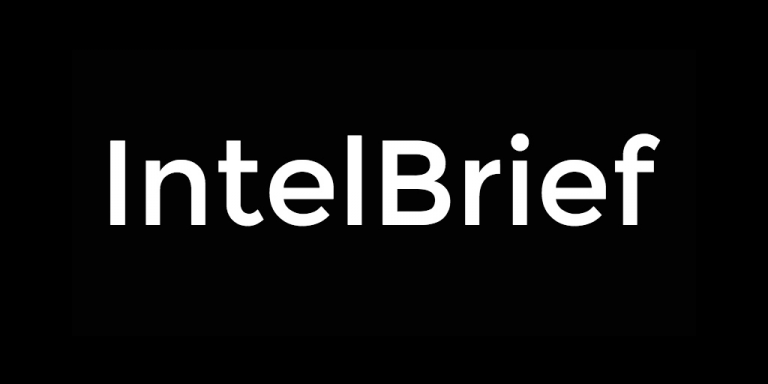INTELBRIEF
July 19, 2017
TSC IntelBrief: An Ad Hoc Approach to National Security

• Reports of a previously undisclosed hour-long discussion between President Trump and President Putin at the G20 highlight the White House’s ad hoc approach to national security issues.
• The use of a Russian translator during the discussion, without a U.S. counterpart, is uncommon even for small talks; the lack of any record of the talk is very rare.
• Given current concerns about U.S.-Russia relations, bilateral talks of any nature require preparation and thorough documentation.
• Issues with White House documentation of security clearances raise further concerns over an apparently careless approach to the details of documentation and vetting.
While success in international relations requires rapport-building and dialogue, it depends far more on extensive preparation and relentless documentation. President Trump’s preference for ‘becoming friends’ with rival leaders is frequently overshadowed by his apparent disdain for detailed and focused preparation. In matters of foreign policy, especially between the U.S. and Russia at this particular time, there are no small or purely social meetings.
Reports of a previously undisclosed second meeting between President Trump and President Putin at the G20 conference in Hamburg on July 7 were confirmed, and subsequently minimized by President Trump. That the meeting was not mentioned in the administration’s initial account of the conference is politically problematic for an administration whose relationship with Russia is the subject of an ongoing investigation by Special Counsel Robert Mueller. Yet, any partisan political fallout is far less concerning than the manner in which the meeting was conducted.
For logistical reasons, each leader attending the G20 dinner was allowed only one translator, who, in the case of the U.S., spoke only Japanese, meaning President Trump spoke with the Russian leader for over an hour through President Putin’s Russian translator. The absence of an American translator breaks with the tradition of previous U.S. presidents who—particularly when meeting with President Putin, a former Russian intelligence officer—have ensured the presence of U.S. translators. Previous presidents also ensured the presence of other senior U.S. officials, such as the Secretary of State or National Security Advisor, at such meetings. Most importantly, an aide to the president would take notes to document the meeting. As of now, it appears that any record of the hour-long discussion would come from Russia. The imbalance in documentation allows Moscow to decide what details to release, giving it the ability to shape the discussions around the meeting’s implications and outcome, and to verify or contradict the statements of the U.S. president. That Moscow now has the prerogative to shape the narrative puts the U.S. administration in a disadvantageous position.
The lack of transparency through documentation, and insufficient attention to details apparent in the president’s free-wheeling style, are also reflected in other aspects of the administration. In particular, the issue of vetting those in the administration for security clearances has been a concern since the administration’s first national security advisor, Lt. General Michael Flynn, was forced to resign due to serious concerns over inaccurate statements that left him exposed to possible compromise by foreign intelligence agencies.
The foundational form for a U.S. Top Secret Clearance is the SF-86. The document is designed to provide a thorough account of an applicant’s personal and financial life. Most importantly, the roadmap of an applicant’s background as portrayed in the SF-86 allows investigators to assess an applicant’s vulnerability to compromise or blackmail by foreign intelligence agencies. The SF-86 also demonstrates the degree of effort and honesty the applicant puts into the rigorous—but essential—national security processes and procedures demanded of those who hold high-level clearances.
Reports that the president’s son-in-law, Jared Kushner—whom the president has tasked with resolving issues ranging from the Middle East peace process to revamping the efficiency of the entire federal government—has had to amend his SF-86 to account for hundreds of undisclosed foreign contacts are deeply concerning. The complexity of an applicant’s SF-86 in terms of foreign contacts and travel does not excuse signing and submitting an inaccurate and misleading federal document. To do so once would generate some concern among investigators—to do so three times would result in a denial of the clearance and termination of the applicant’s position. The more complex a person’s background, the greater the obligation of that person to be thorough and forthcoming. As the head of the Executive Branch, the president and his advisers are responsible for ensuring the strict adherence of all government employees to the processes that protect U.S. national security. Yet, the carelessness exhibited in the approach of administration officials and members of the Trump family to issues of national security is itself a national security issue.
.
.
.
For tailored research and analysis, please contact: info@thesoufancenter.org
.